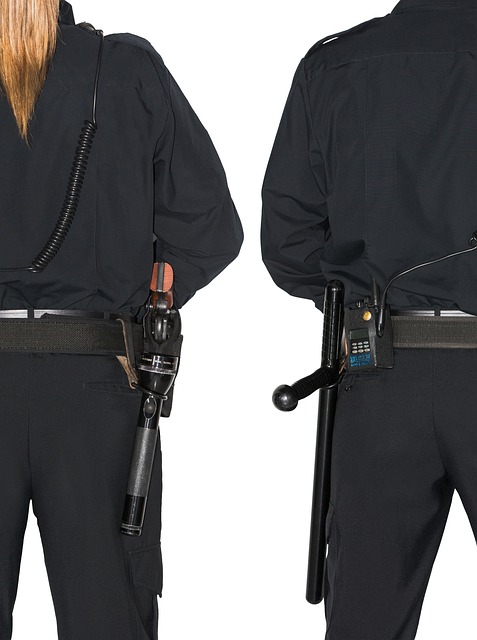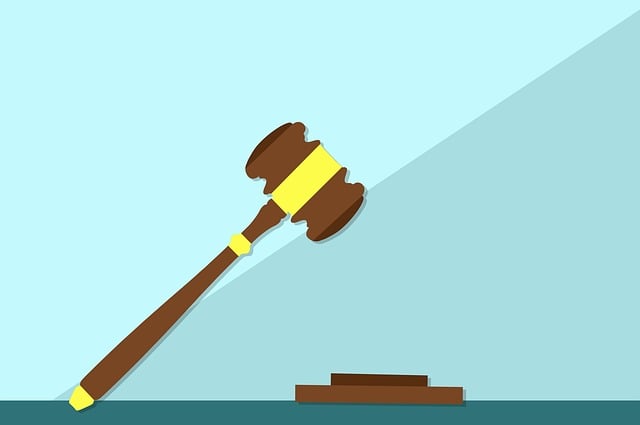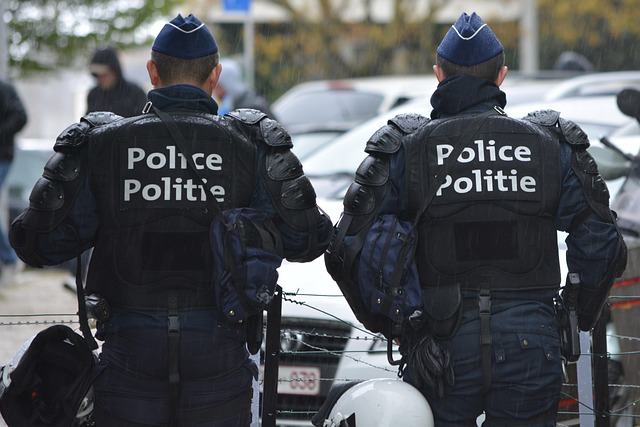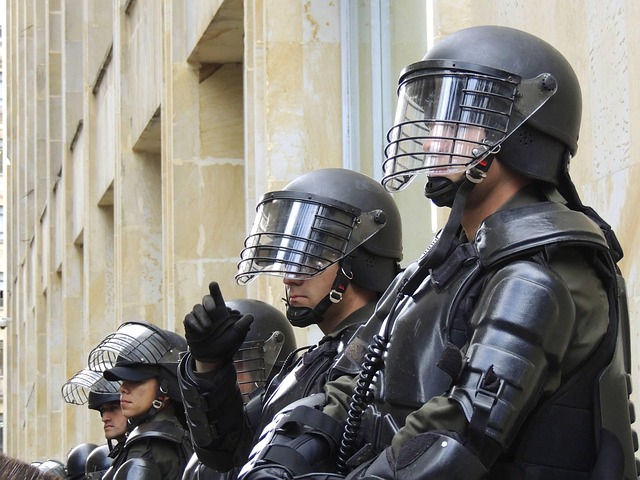Environmental crime trials face significant challenges in proving intent and causation due to complex legal frameworks, white-collar defenses using financial structures and loopholes, and difficulties quantifying long-term ecological impacts. Overcoming these hurdles requires a multifaceted approach including surveillance, document review, expert testimony, and meticulous record-keeping to meet the stringent burden of proof, especially addressing Challenges in Meeting Burden of Proof in Court.
Environmental Crime Trials: Uncovering and Prosecuting Eco-Offenses
As environmental degradation becomes an increasingly pressing global issue, the need for robust legal mechanisms to combat ecocrimes is evident. This article explores the intricate world of Environmental Crime Trials, focusing on the legal frameworks that govern them. We delve into the unique challenges of evidence collection and documentation, specifically addressing the difficulties in meeting the burden of proof in court. Strategies to overcome these barriers are presented, offering insights for effective prosecution.
- Defining Environmental Crime Trials: Legal Frameworks
- Challenges in Evidence Collection and Documentation
- Strategies for Overcoming Proof Barriers in Courtroom
Defining Environmental Crime Trials: Legal Frameworks

Environmental Crime Trials are legal proceedings designed to hold individuals and corporations accountable for environmental crimes, including pollution, habitat destruction, and other ecocidal acts. Defining these trials involves understanding the intricate legal frameworks that govern them. These cases often navigate complex statutes and regulations aimed at protecting the environment, such as the Clean Air Act, the Clean Water Act, and the Resource Conservation and Recovery Act (RCRA). The legal landscape further complicates with the integration of criminal and civil law, where prosecutors must prove intent and causation to secure convictions, while also addressing economic damages and restitution.
One of the significant challenges in Environmental Crime Trials is meeting the burden of proof, particularly in cases involving white-collar defense strategies. Defendants often employ complex financial structures and legal loopholes to evade responsibility. For his clients, the investigative and enforcement process must span all stages—from initial surveillance and document review to expert witness testimony and settlement negotiations. The complexity necessitates a nuanced understanding of both environmental science and legal principles, requiring seasoned attorneys skilled in navigating these uncharted territories.
Challenges in Evidence Collection and Documentation

Environmental crime trials present unique challenges when it comes to evidence collection and documentation, especially regarding the meeting burden of proof in court. Unlike traditional criminal cases, environmental crimes often involve complex scientific data and long-term ecological impacts that can be difficult to quantify and interpret. This complexity necessitates meticulous record-keeping and robust methodologies to ensure the admissibility of evidence. White collar defense strategies frequently exploit these challenges, aiming to avoid indictment by questioning the reliability and relevance of evidence presented against respective business entities.
The process of gathering evidence for environmental crimes is intricate due to factors like temporal gaps in monitoring data, the natural variability of ecosystems, and potential tampering with records. Documenting evidence must be rigorous and transparent to withstand legal scrutiny. Environmental experts play a crucial role in interpreting data and providing expert testimony, but their findings are subject to cross-examination by skilled defense attorneys who may challenge the methodology or interpretation. Effective documentation requires clear chain-of-custody protocols and thorough record-keeping practices to ensure the integrity of evidence throughout the investigation and trial process.
Strategies for Overcoming Proof Barriers in Courtroom

Overcoming proof barriers in environmental crime trials often presents unique challenges when navigating complex legal landscapes. Lawyers must employ strategic tactics to meet the stringent burden of proof, especially considering the specialized nature of environmental evidence. One key approach is to gather comprehensive documentation and expert testimony to support claims. This involves meticulous record-keeping by respective business, corporate, and individual clients, ensuring that all relevant data, observations, and scientific analyses are properly preserved and presented in court.
Additionally, leveraging interdisciplinary expertise can be pivotal. Collaborating with scientists, engineers, and other professionals ensures a robust understanding of the environmental impact in question. For his clients, this collaborative approach not only strengthens the case but also demonstrates a commitment to thoroughness and accuracy, which can significantly influence the outcome of the trial.
Environmental crime trials, while crucial for holding perpetrators accountable, face significant challenges in meeting the burden of proof. From evidence collection and documentation to overcoming proof barriers in the courtroom, these complexities demand innovative strategies. However, with the right legal frameworks and adaptive approaches, we can ensure that justice is served and environmental protection remains a priority. Understanding and addressing these issues is vital for strengthening environmental law enforcement and fostering a sustainable future.






